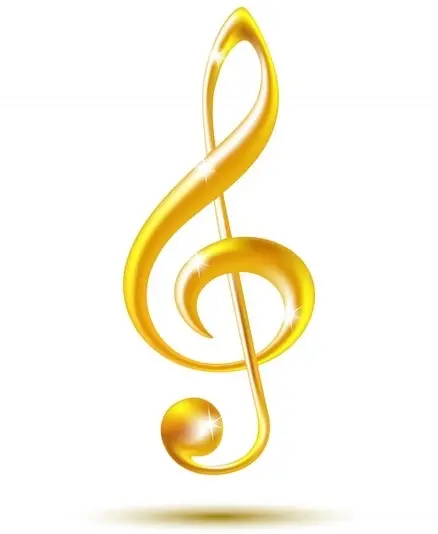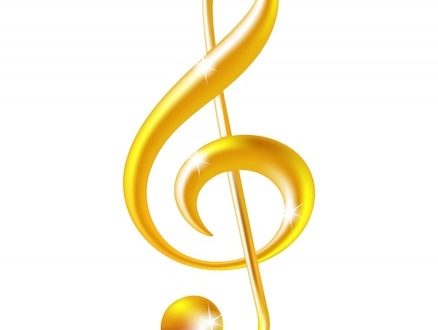
Bard |
Eng., Irl. and Gaelic. bard, ot celtsk. bardo is a singer
Folk singer-narrator of the ancient Celtic tribes, cf. century – prof. poet at the princely court, ch. arr. in Ireland, Wales and Scotland. There were also vagrant boroughs. In Ireland, bastards united in guilds that influenced society. life. The original epic of B. – nat. legacy of Celtic culture. It developed in the first centuries AD. e. and remained unchanged for almost 15 centuries. Along with the ancient prose. saga, from the 10th c. on the same subjects, ch. arr. heroic plan, ballad songs arose that did not lose their poetic. values (Russian translations of samples of B.’s poetry were made by S. Ya. Marshak). B.’s repertoire also included martial, religious, and satirical. songs, elegies, eclogues, etc. B. sang, accompanying themselves on an instrument similar to the lyre kruite (crwth) or mole, first plucked, and then bowed, later on a 3-stringed tilinka. Although the music of B.’s songs has not been preserved, its character can be judged poetically. song features; Apparently, certain elements of the music of B.’s songs were included in Nar. songliness. B.’s suit proved to mean. influence on the development of national music and poetry. creativity. In the Middle Ages, B. were persecuted by the authorities; under Queen Elizabeth, they were sentenced to death for inciting an Irish rebellion against England. With the decline of the feudal-patriarchal system, the B. estate disappeared. Turlow O’Carolen (1670-1738) is considered the last B.. In Western Europe. lit-re means. a role was played by imitations of B.’s poetry (Ossian’s Songs by J. MacPherson and others).
G. I. Navtikov



